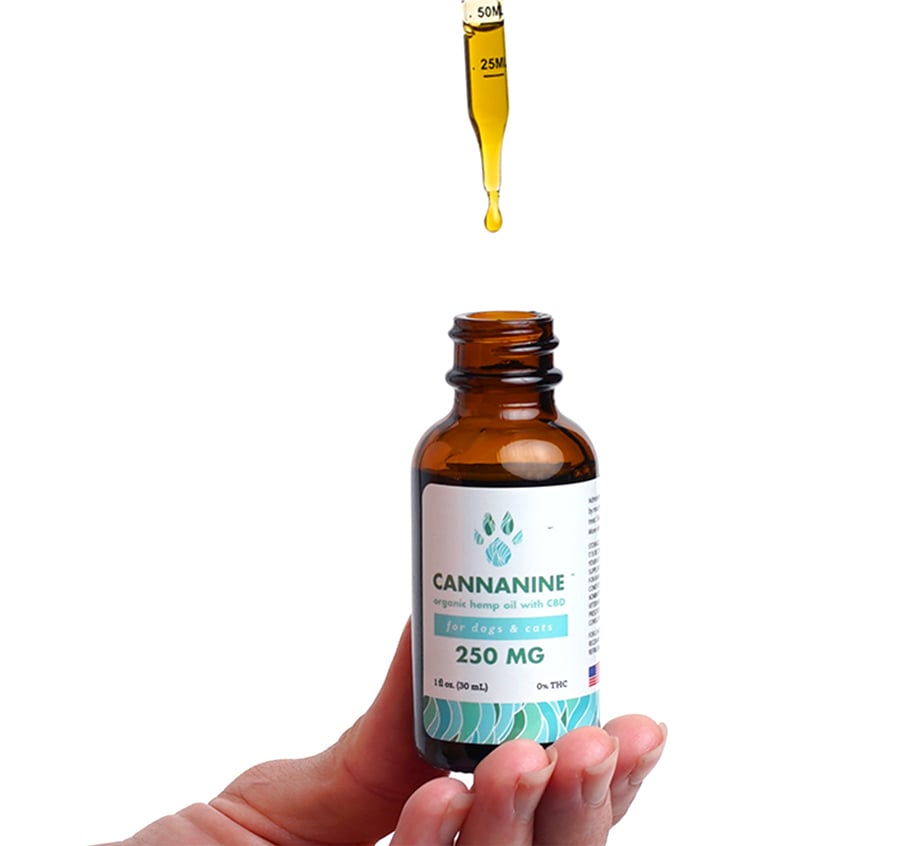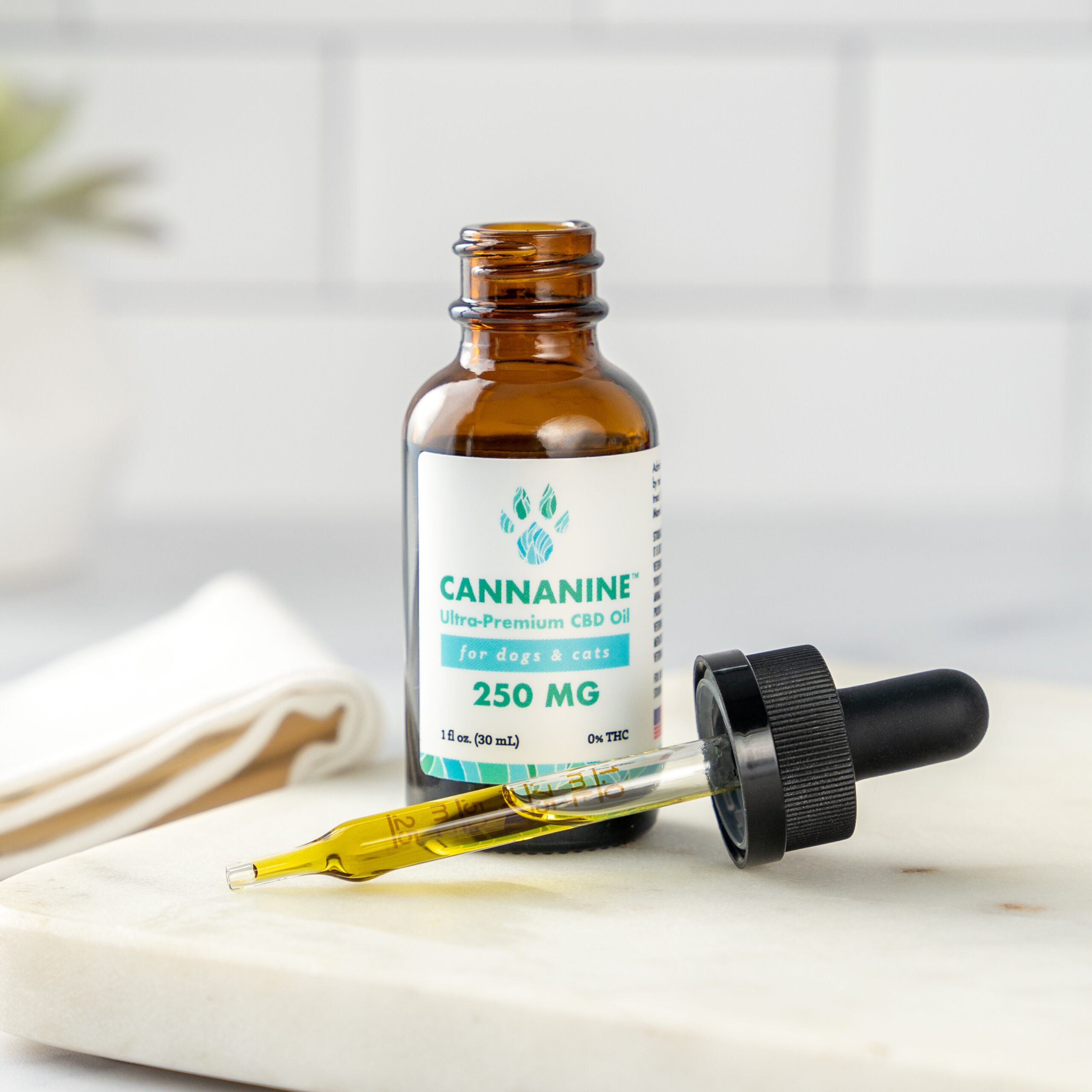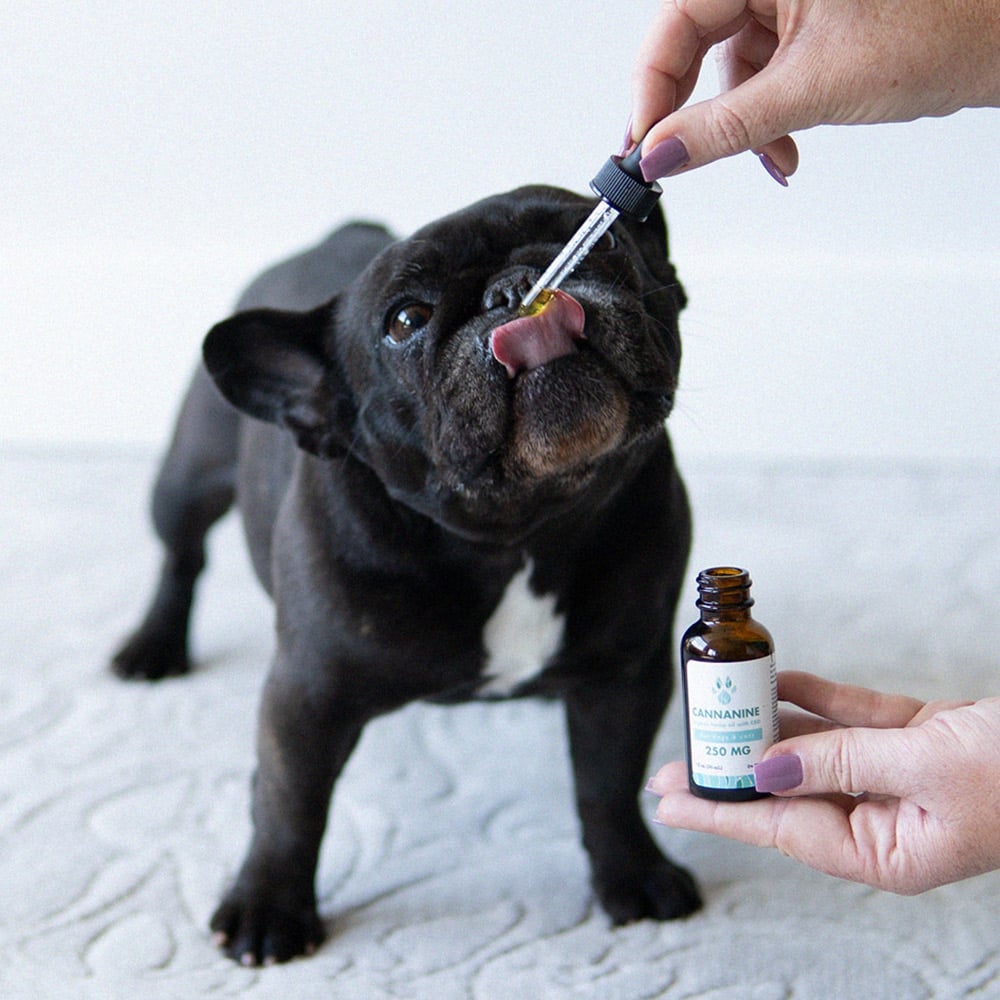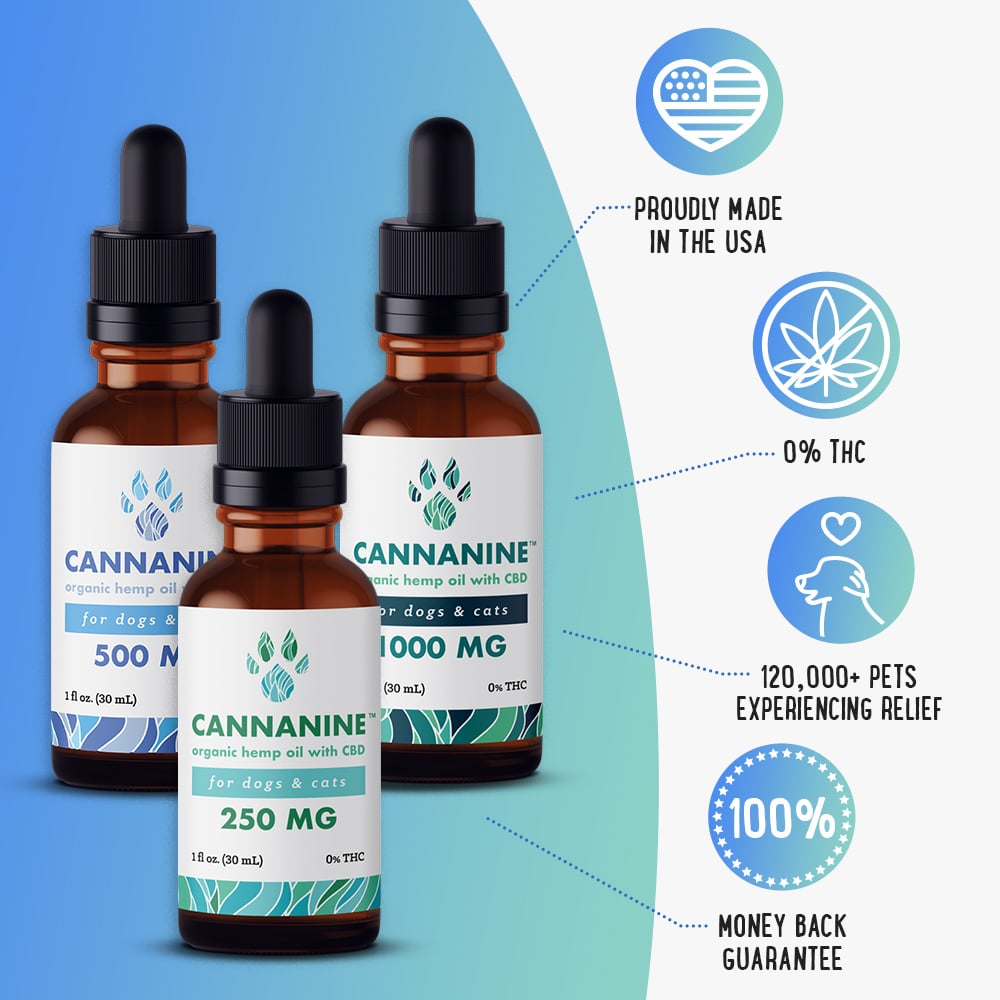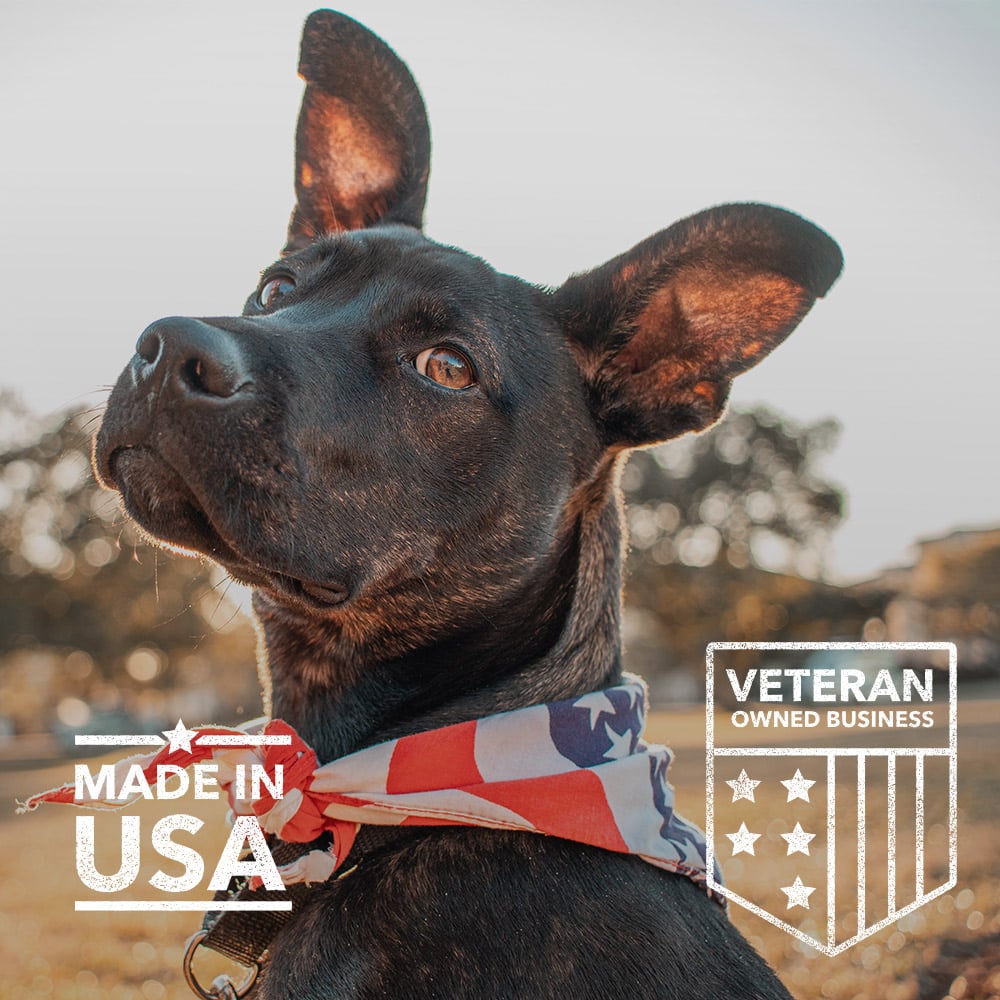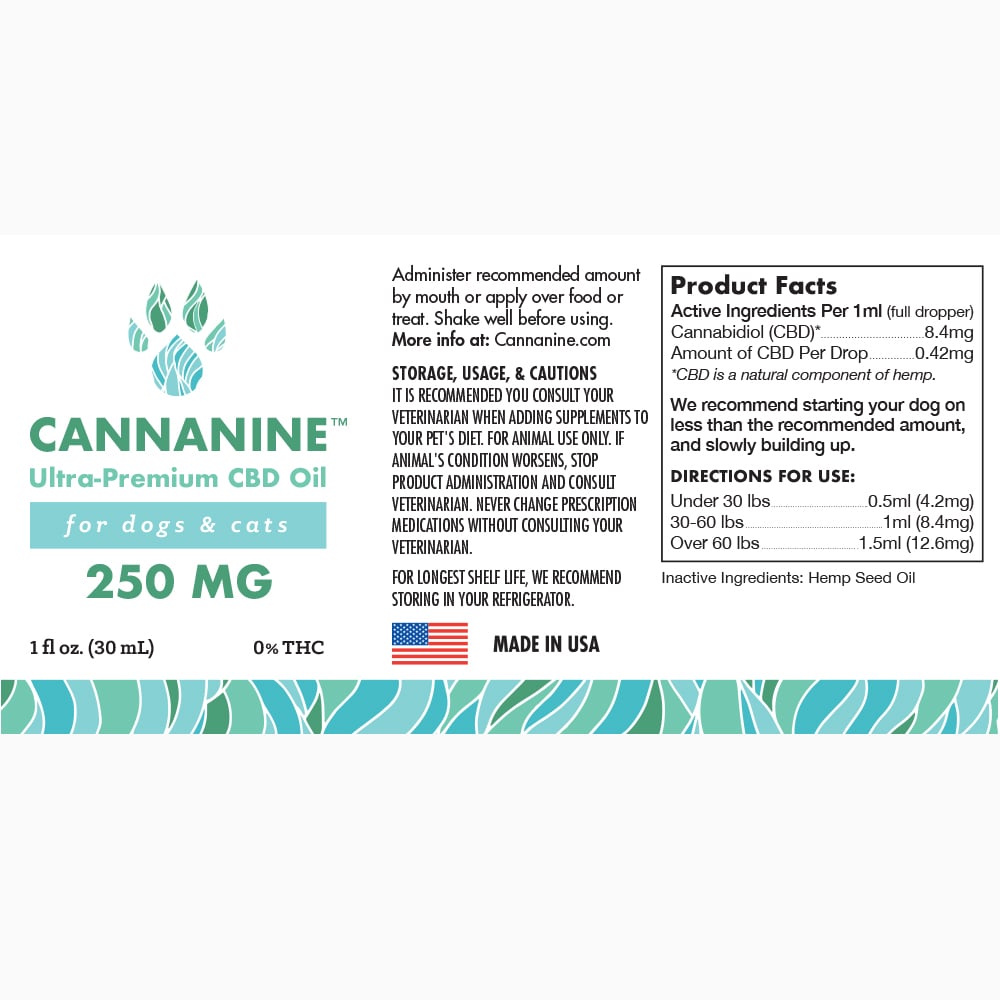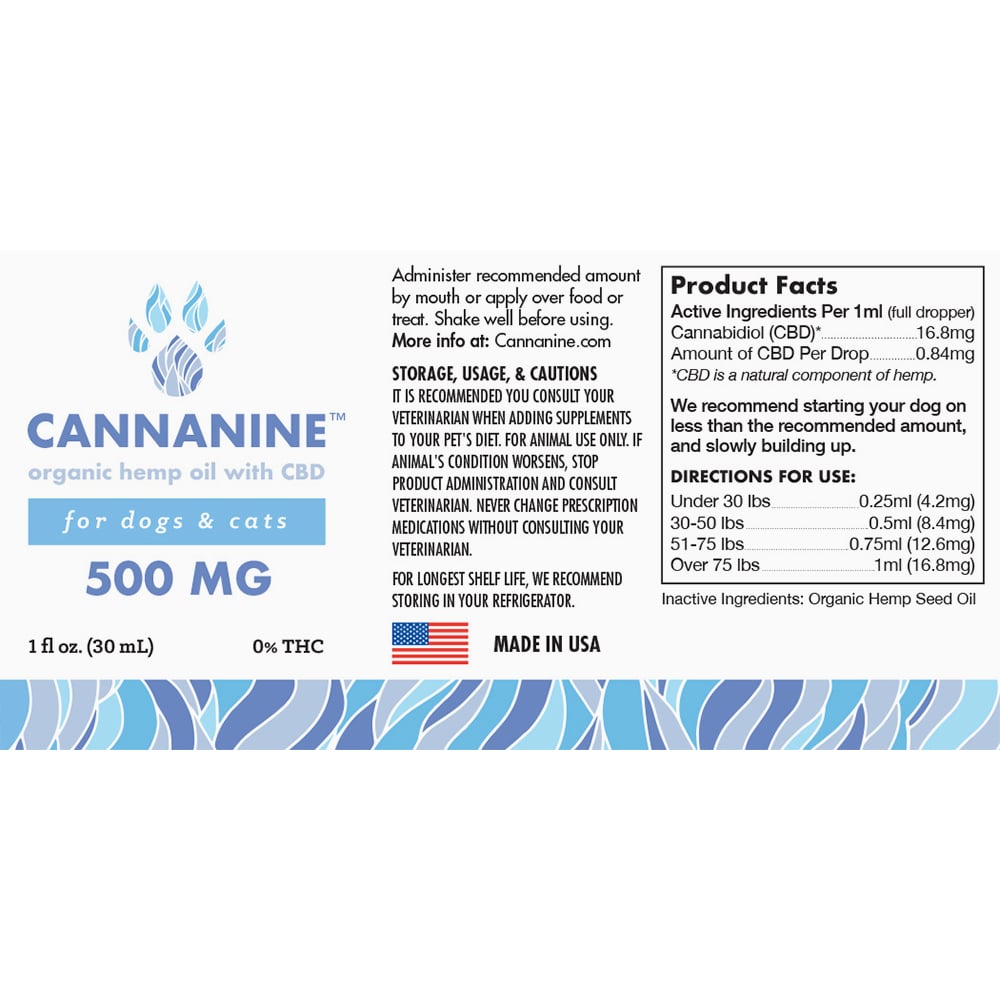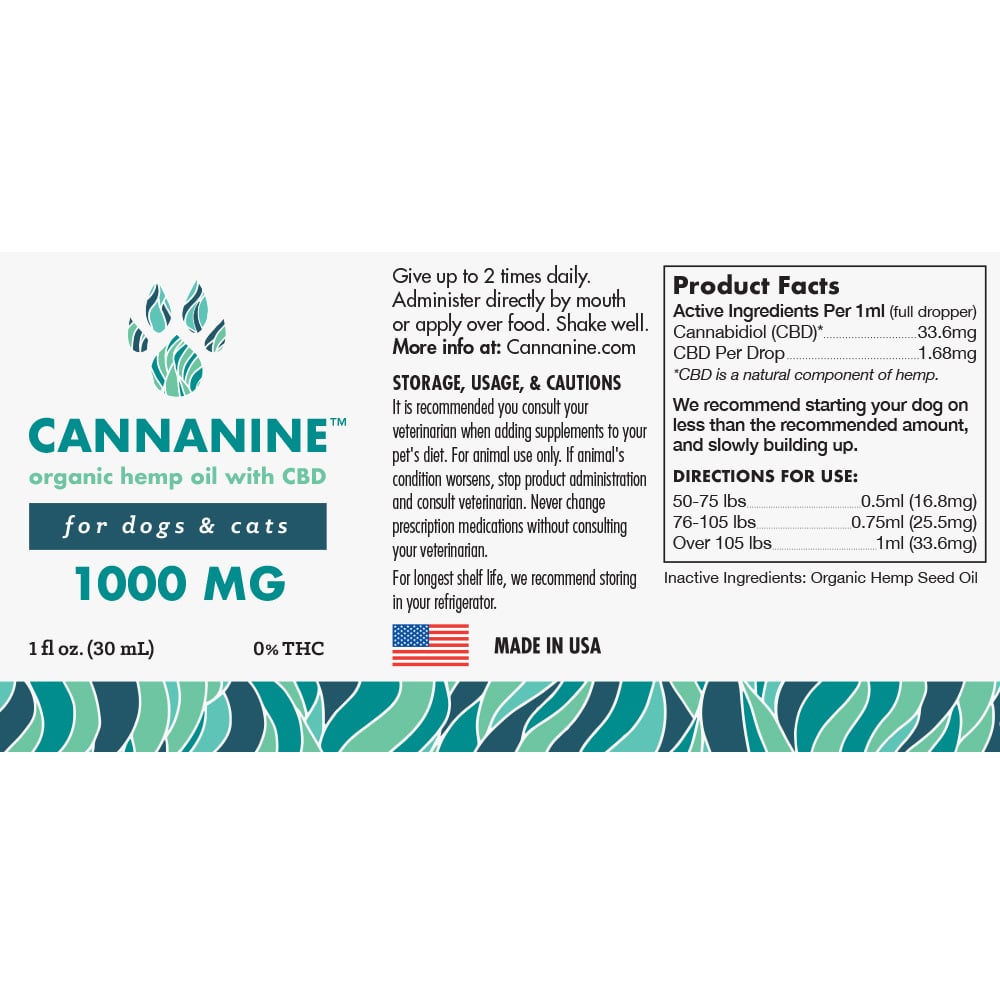Best CBD Oil For Dogs With Lymphoma
Is your dog suffering from lymphoma? Whether your loyal companion is potentially developing symptoms or has been fighting lymphoma for years, CBD oil can offer some relief. Some dog breeds are at a much higher risk for lymphoma that could develop sooner rather than later.
For these dogs, starting an early CBD oil regimen can help them enjoy more pain-free, active days.





CBD Oil For Dogs With Lymphoma
Cannanine™ CBD oil for dogs with lymphoma can help your furry friend reduce the pain they may be experiencing due to lymphoma symptoms or treatments. Our hemp oil is specifically formulated to help improve mobility, reduce pain, and reduce inflammation.
We work with the top labs in the world to make Cannanine the safest and most effective CBD oil for dogs with lymphoma on the market. Cannanine has given over 50,000 pets relief – plus, every purchase funds meals for shelter dogs in need.
Keeping my 15 year old dog walking like a champ!! I don’t think she would be around without it. So glad I gave this a try.
Everett
Popular Articles On CBD For Dogs
Made In USA
Proven Pure
Veteran Owned
100% Money Back Guarantee
All CBD Product Categories
What are the stages of dog lymphoma?
Before we discuss the different stages of dog lymphoma, it is important to understand the reason for separating the progression of lymphoma into different stages. First, separating the procession of lymphoma into different stages allows you and your veterinarian to determine which types of treatment to pursue based on how far the disease has progressed. This can help your veterinarian make better-informed decisions to give you as many treatment options as possible based on what stage of lymphoma your dog is currently experiencing.
At the same time, the way staging dog lymphoma can help determine the best treatment types, can give a sense of how effective each of those treatments could be. This can help the veterinarian give you the most accurate information related to the chances of remission and/or life expectancy. Staging also gives you and your veterinarian a sense of how far the disease has progressed. Knowing how far the disease has progressed is key to the previous two items discussed treatment options and their potential effectiveness.
Last, canine lymphoma staging can help to eliminate other medical conditions that could affect treatment options and prognosis. The stages of dog lymphoma come in five different stages. Here is a quick breakdown of what can be expected in each of the five stages of dog lymphoma.
Stage one: Stage one is when cancer involves a single lymph node or the lymphoid tissue of a single organ.
Stage two: State two involves cancer in multiple lymph nodes.
State three: When the lymph nodes become enlarged in both the front and back half of the body, then lymphoma state three may be the diagnosis.
Stage four: When lymphatic cancer involves either the liver or spleen or both.
Stage five: When cancer involves the blood, bone marrow, central nervous system, and other vital organs.
Within these five stages are two additional categories. Category A and Category B. Category A is a category used to determine that the dog no longer possesses any systemic signs of the disease. Category B is when there are systemic signs of the disease and the symptoms are visibly apparent.
What are the signs of lymphoma in dogs?
When your dog begins to develop lymphoma, there are some signs that you should be aware of. The symptoms of lymphoma can be pretty general as well as tied to any number of other conditions, however, if you notice any one of the following symptoms in excess, meaning beyond what you would deem as normal behavior for your pet, you should seek a veterinarian immediately.
Enlarged lymph nodes and swelling in the back of the jaw or behind the knees: One of the most obvious signs of lymphoma is the enlargement and/or swelling of the lymph nodes in the neck, back of the jaw, and/or the knees.
Lethargy: If you notice a sudden and dramatic drop in your dog’s energy levels, it could be lethargy that is brought on from one of the early stages of lymphoma.
Dramatic weight loss: If your dog is maintaining a regular diet, however, they are still dropping weight at an alarming and abnormal rate, then you should see your veterinarian right away. Dramatic weight loss is a serious sign of lymphoma. If your dog is losing weight rapidly, even if it is not lymphoma, you should still see a veterinarian because it could be a sign of another serious medical condition.
Fever: A fever that never seems to break may be a sign of lymphoma.
Difficulty breathing: If your dog is constantly having a hard time breathing, you should seek medical attention immediately.
As mentioned before, many of these symptoms are quite general, and they can be an indicator of many types of medical conditions. That is why it is important to have your dog assessed if any of these symptoms arise abnormally.
Does CBD help lymphoma?
Yes, CBD oil does help with lymphoma. It can help by attacking cancerous cells as well as alleviating the symptoms of both lymphoma and chemotherapy. CBD oil can work with the CB receptors to help the body identify cancerous cells as well as target the cancerous cells and prevent the blood vessels they feed on from forming. In numerous case studies, it has been reported that in some cases, CBD can actually trigger cell death in cancerous cells. Aside from the anti-cancer properties that CBD possesses, CBD oil can help reduce the impact of many of the negative side effects the lymphoma and chemotherapy contain.
Does CBD shrink tumors in dogs?
Whether or not CBD can shrink tumors in dogs is still being studied. At the moment, there is no conclusive evidence either way, however, it can be shown that CBD can help stunt the growth of tumors and generous cells. Ideally, CBD should be used in conjunction with radiation and/or chemotherapy. CBD can be a great partner for these other types of cancer treatments because it can help to alleviate some of the negative side effects of the treatments.
How long does a dog have to live after being diagnosed with lymphoma?
If you do not seek treatment for your dog once it is diagnosed with lymphoma, depending on the stage of lymphoma at the time of diagnosis, the average dog can expect to live for one to two months. If you do seek treatment for your dog once it is diagnosed with lymphoma, you may see an 80% to 90% that they will reach remission. However, even after remission, the average survival rate tends to fall between 12 to 14 months.
How CBD Oil Works to Alleviate Symptoms of Lymphoma in Dogs
CBD oil is a natural pain reliever. Any of the symptoms of lymphoma that induce pain and discomfort in your pet can be somewhat relieved by consuming CBD. CBD can provide pain relief for both the symptoms of lymphoma and the treatment. Treatments like chemotherapy and radiation come with their own negative side-effects that can be painful. A daily dose of CBD can act as the natural pain reliever it is to hopefully provide some comfort to your pet.
Additionally, any loss of appetite that may stem from treatment can be stimulated with a daily dose of CBD. Lastly, lymphoma tends to trigger the body’s inflammatory response, a proper dose of CBD may be able to provide the anti-inflammatory properties necessary to help reduce the amount of inflammation in your dog’s body.
Administering CBD oil for dogs with lymphoma
Every dog reacts differently to CBD once they begin a regimen. You may have to experiment to find the proper dose that is still effective yet does not leave your dogs lethargic and docile. Most veterinarians and CBD experienced dog owners use a general rule of 1 to 5 mg of CBD per 10-pounds of body weight. You can always start off small and gradually increase the dose until you find the proper dosage for your pet.
Sources:
veterinarians.org/cbd-oil-for-dog-lymphoma/
cfah.org/cbd-oil-for-dogs-with-lymphoma/
ethosvet.com/blog-post/canine-lymphoma/
discovermagazine.com/planet-earth/best-cbd-oil-for-dogs-with-cancer-top-8-products
cbdclinicals.com/best-cbd-oil-for-lymphoma-in-dogs/
aspcapetinsurance.com/resources/signs-of-lymphoma-in-dogs/
caninelymphoma.com/canine-lymphoma-stages/

